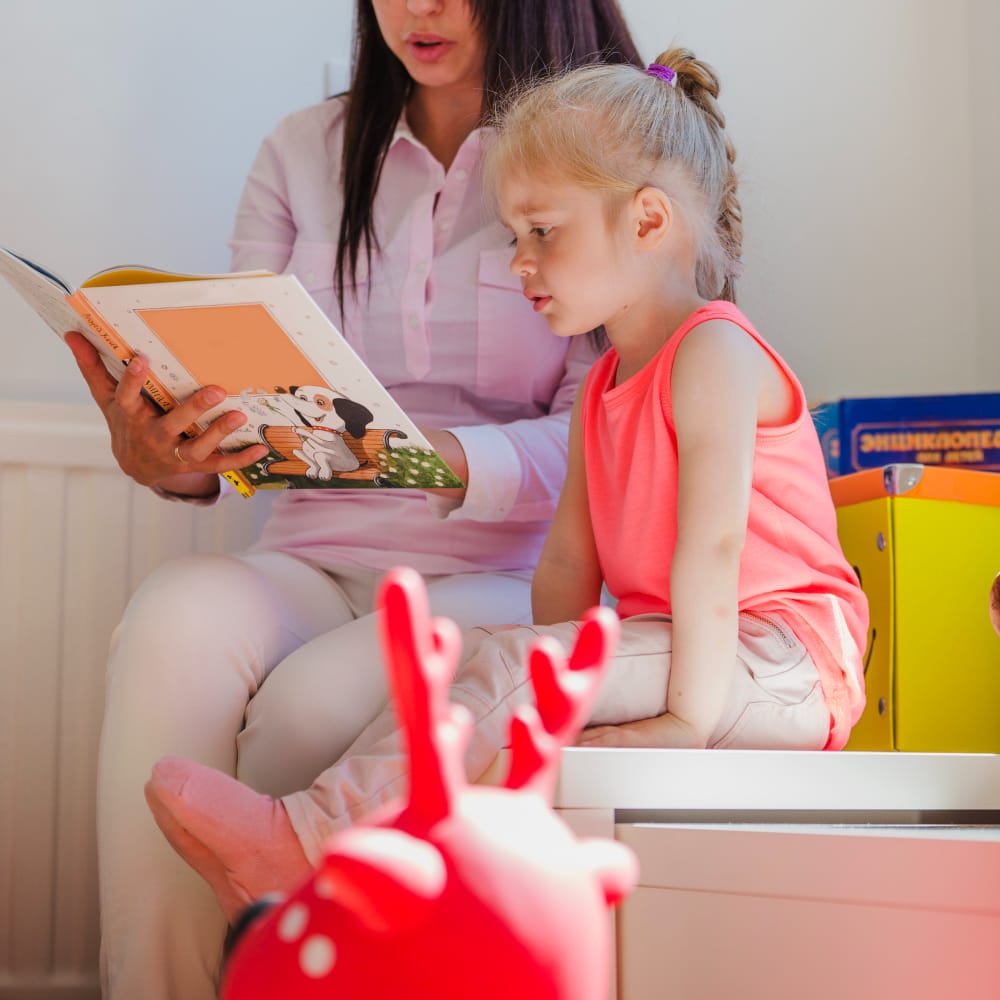Hyperactivity can cause challenges at home and school for the child, parents and teachers. It is important to support the hyperactive child in the most positive and sensitive way possible to help control hyperactive motor activity and reduce anxiety. Let’s explore how to manage hyperactivity effectively:
Helping to manage hyperactivity
Whether you are a teacher or a parent, there are many ways to support a child with hyperactivity. The below tips are a good guide to start with, however, it is essential to try different techniques to see what works best.
Set clear rules and expectations
Children with hyperactivity need regular reminders of rules and expectations in the classroom to consolidate them as part of the every school day. It is also important to praise the child who puts in effort to follow the rules.
Offer appropriate supervision
Children with hyperactivity typically require more supervision than their peers. To help these kids, you can involve classroom aides as much as you can to help and support them in any way possible.
Offer corrective feedback
Give constructive feedback immediately after any negative behaviour is noticed. While doing this, it is key to stay calm at all times.
Follow strategic praise
Positive attention is powerful. Children that struggle with hyperactivity need praise for achieving seemingly simple tasks, such as putting up their hand before speaking.
Manage aggression
Aggressive outbursts from kids with hyperactivity can be common. An effective way to calm both you and the overactive child, is to use a “time-out” approach. If a child starts to act out, they should be approached in a calm and decisive manner. “Time-out” should be always be explained to the child so they know exactly what to expect. “Time-out” should be seen as a period to cool off and think about the negative behaviour.
Encourage exercise
Physical activities burn excess energy in healthy ways. Exercise also helps kids focus their attention on specific movements. Over time, this may decrease hyperactivity and impulsivity.
Give them a break
Children are naturally energetic and always ready to move. Kids with hyperactivity may struggle even more with sitting still for long periods. Therefore, it’s essential to offer them regular breaks to get up and move.
For parents: Manage hyperactivity by regulating sleep patterns
Bedtime can be very difficult for children suffering from hyperactivity. However, lack of sleep can exacerbate hyperactivity and recklessness. Therefore, helping your child get quality sleep is important. Establish a calming bedtime ritual, eliminate stimulants like sugar and caffeine before bedtime, and decrease television time.
Manage hyperactivity: Approach the child with sensitivity
Hyperactive children tend to have very high energy levels and can be behaviourally distracting. As a parent or teacher of a child who is hyperactive or impulsive, you should keep in mind that the child is very often completely unaware that their behaviour is distracting. So, it is important to stay calm at all time, approach the child with sensitivity and to always focus on positive reinforcement.




